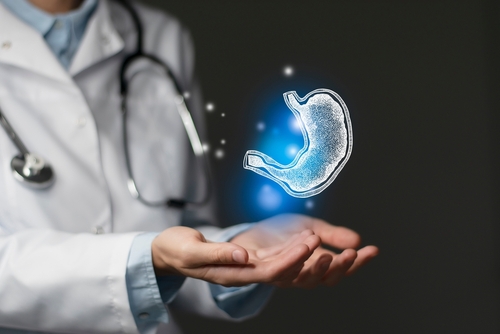
The open-label, phase 2 RELATIVITY-060 study began in 2018 to investigate the efficacy of first-line relatlimab and nivolumab in combination with chemotherapy for gastric or gastroesophageal junction (GEJ) cancers.
Susanna Hegewisch-Becker, MD, PhD, and colleagues released data from the study, which analyzed the combination in patients with previously untreated, unresectable, locally advanced or metastatic disease.
A total of 274 patients were randomly assigned to receive either nivolumab plus relatlimab (fixed-dose combination) with chemotherapy or nivolumab plus chemotherapy. The primary end point was objective response rate (ORR), while the secondary end points included safety, duration of response, progression-free survival (PFS), and overall survival.
Of 274 patients, 138 received nivolumab plus relatlimab with chemotherapy and 136 received nivolumab plus chemotherapy. The median follow-up was 11.9 months. In patients with LAG-3 expression ≥1%, the median ORR (95% CI) was 48% (38%-59%) in the nivolumab plus relatlimab with chemotherapy arm and 61% (51%-71%) in the nivolumab plus chemotherapy arm.
In the nivolumab plus relatlimab with chemotherapy and nivolumab plus chemotherapy arms, the median PFS rate (95% CI) was 7.0 months (range, 5.8-8.4 months) and 8.3 months (range, 6.9-12.1 months; hazard ratio [HR], 1.41 [95% CI, 0.97-2.05]), and the median OS rate (95% CI) was 13.5 months (range, 11.9-19.1 months) and16.0 months (range, 10.9 months to not estimable; HR, 1.04 [95% CI, 0.70-1.54]), respectively.
Grade 3 or 4 treatment-related adverse events (TRAEs) occurred in 69% of patients in the nivolumab plus relatlimab with chemotherapy arm and 61% of those in the nivolumab plus chemotherapy arm. A total of 42% and 36% of patients discontinued treatment due to any-grade TRAEs in the nivolumab plus relatlimab with chemotherapy and nivolumab plus chemotherapy arms, respectively.
The RELATIVITY-060 trial did not meet its primary end point of improved ORR, and further studies are needed to determine if the addition of anti-LAG3 inhibitors to anti–PD-1 treatments with chemotherapy can benefit certain gastric or GEJ cancer patient subgroups.

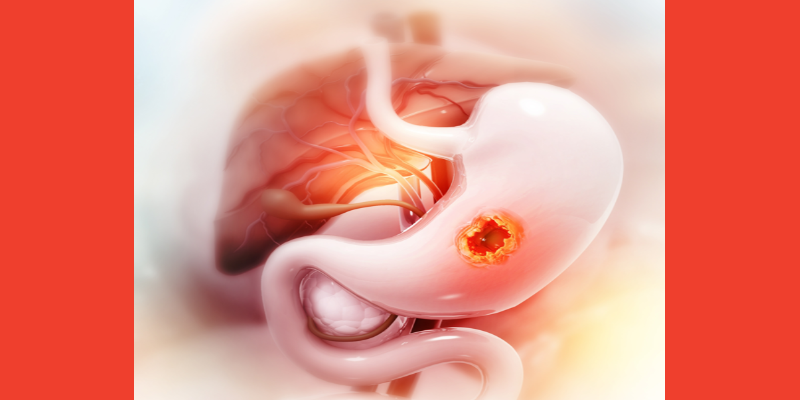
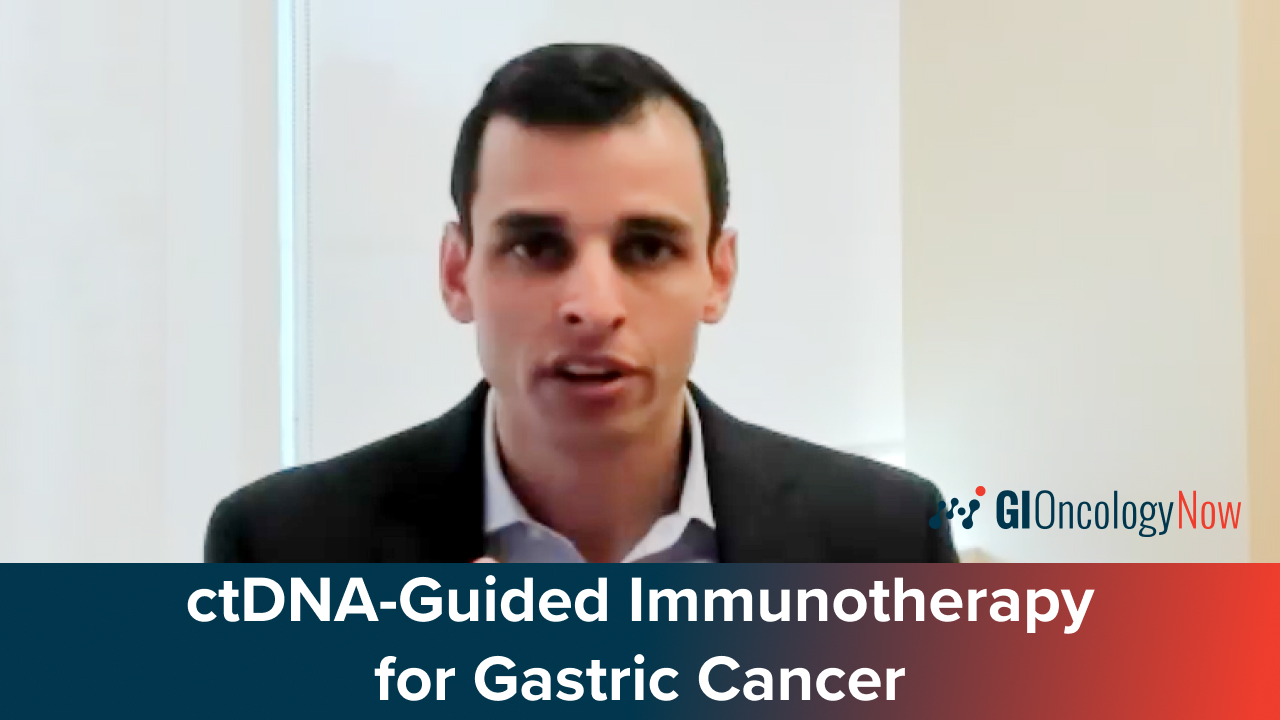
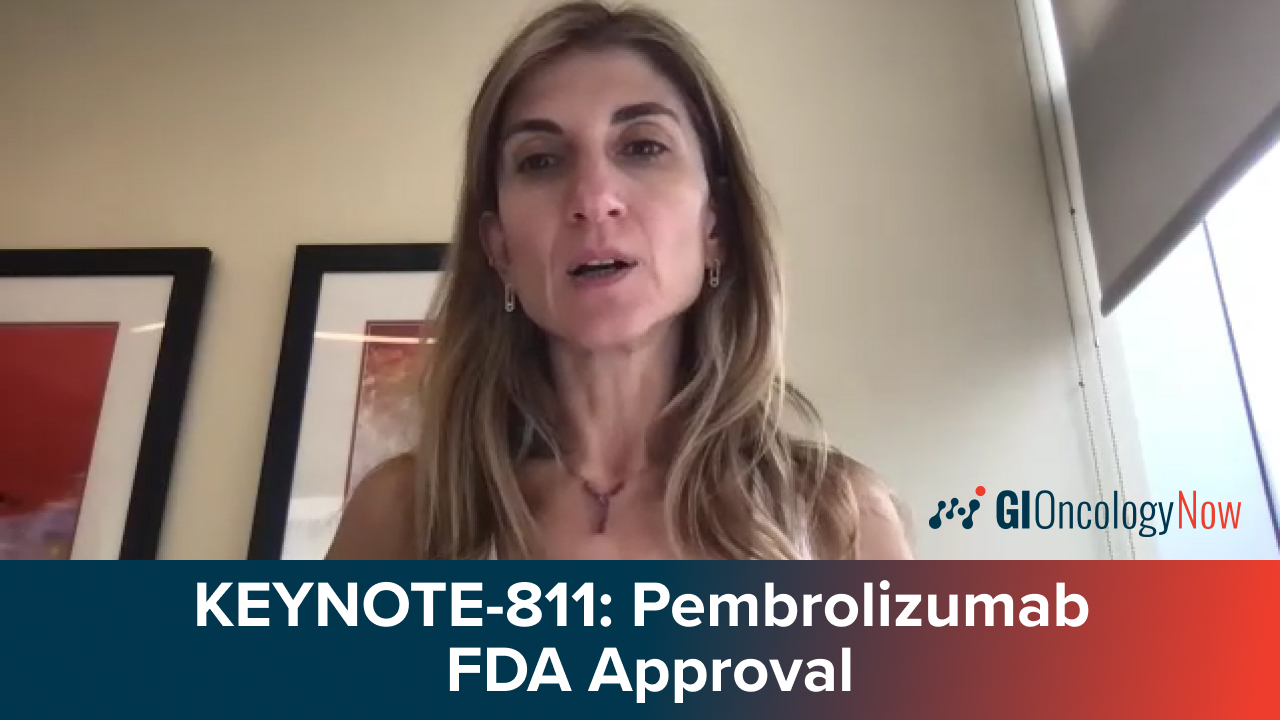
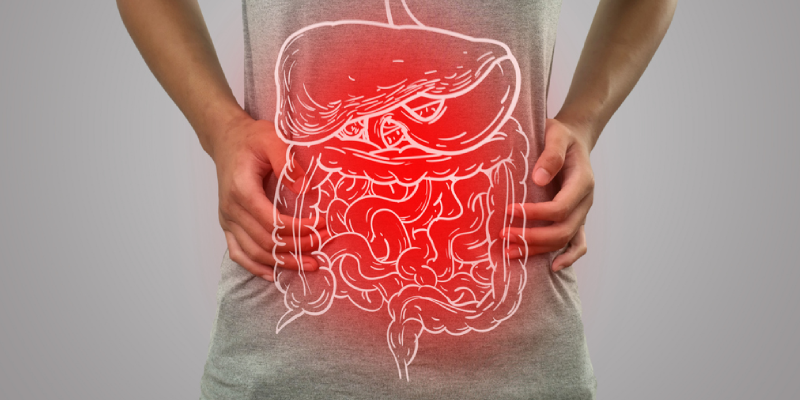
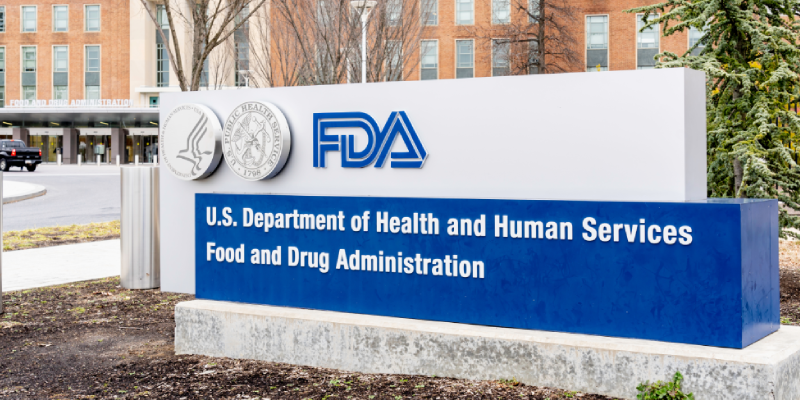

 © 2025 Mashup Media, LLC, a Formedics Property. All Rights Reserved.
© 2025 Mashup Media, LLC, a Formedics Property. All Rights Reserved.